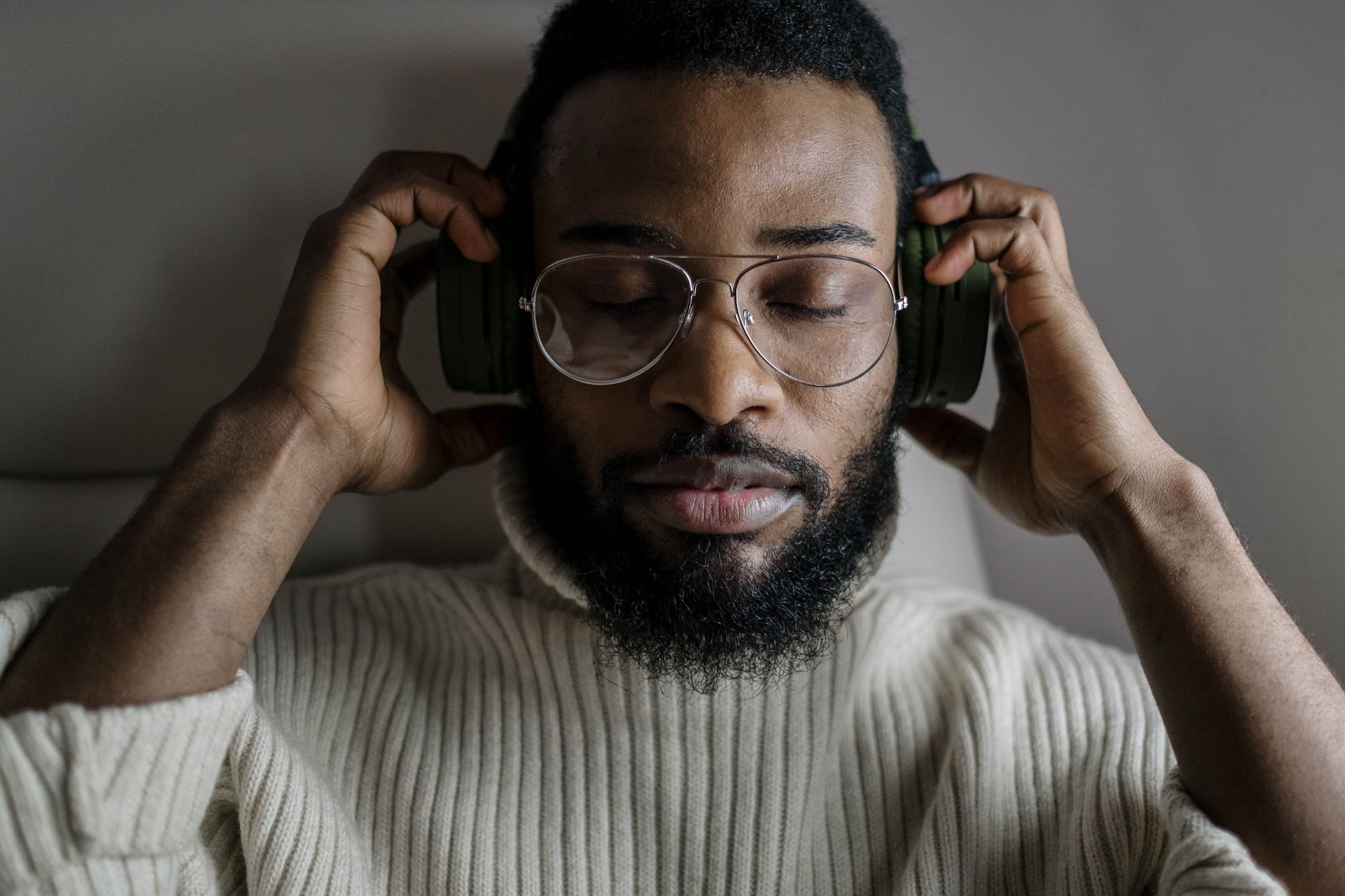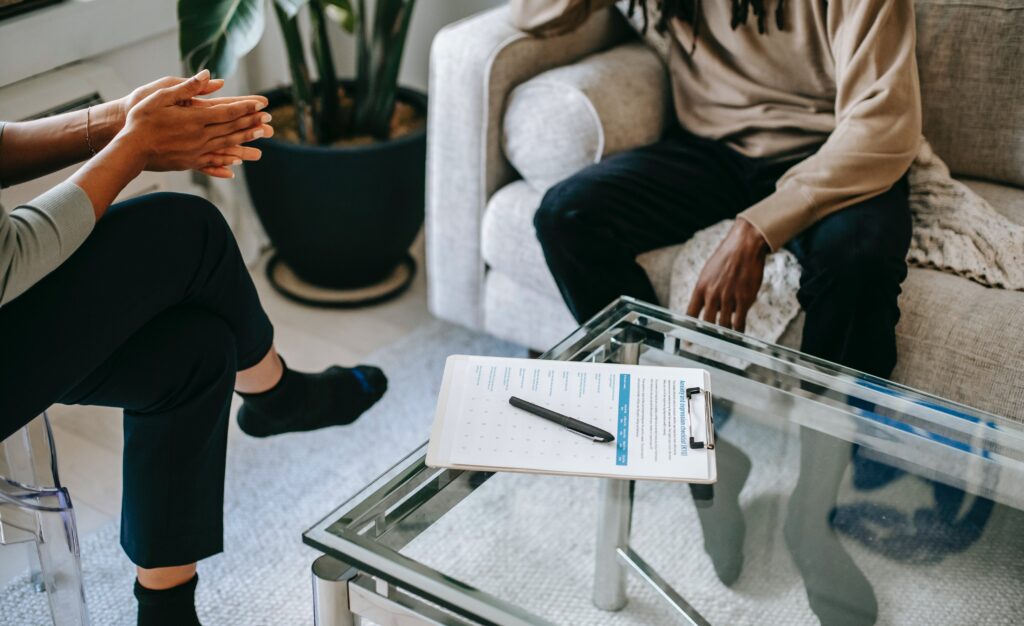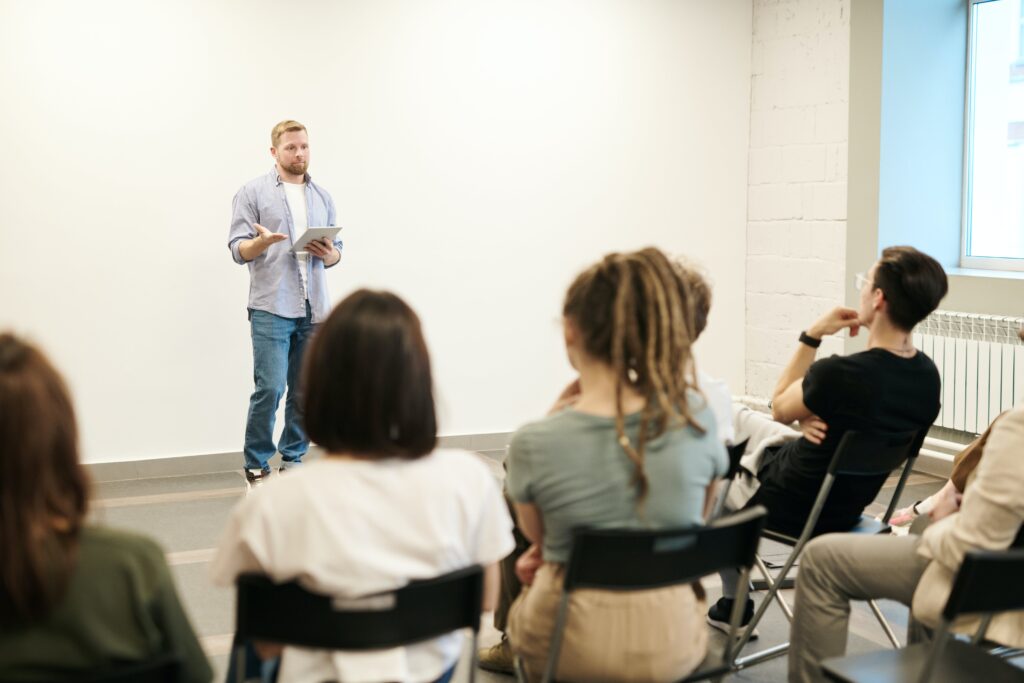Subtle social tips, like listening attentively, are much more than basic social skills; they are powerful and influential tools essential for deepening interpersonal relationships. These nuanced yet impactful acts transcend the mere process of hearing words. Genuinely listening to someone communicates deep respect and consideration. It clearly shows that their thoughts, feelings, and perspectives are valued. Such engagement demonstrates empathy and concern, nurturing stronger, more meaningful connections with those you interact with.
A Subtle Social Skill That Can Make a Big Difference
Listening is one of the most important skills we can have, both in our personal and professional lives. When we listen effectively, we can learn new things, build relationships, and resolve conflict.
Listening is also essential for communication. When we communicate with others, we are not just sharing information; we are also building relationships and exchanging ideas. Listening is essential for understanding the other person’s perspective and for responding in a meaningful way.
Subtle Social Tip: How to be a Better Listener

There are many things we can do to become better listeners. Here are a few tips:
- Pay attention to the person you are talking to. This means putting away your phone and other distractions and making eye contact. It also means being present at the moment and avoiding thinking about what you are going to say next.
- Listen actively. This means nodding your head, asking clarifying questions, and summarizing what the other person has said. It also means being empathetic and trying to see things from their perspective.
- Be non-judgmental. Avoid judging the other person or their ideas. Even if you disagree with them, it is important to listen to them with an open mind.
- Be patient. Some people need more time to process their thoughts and to communicate their ideas. Be patient and give the other person the time they need to speak.
- Be respectful. Even if you disagree with someone, it is important to treat them with respect. Avoid interrupting, name-calling, or making personal attacks.
Subtle Social Tips for Being a Better Listener
Here are a few subtle social tips for being a better listener:
- Lean in slightly. This shows that you are interested in what the other person has to say.
- Smile. This shows that you are friendly and approachable.
- Mirror the other person’s body language. This shows that you are engaged and that you are following along.
- Use positive reinforcement. This could be nodding your head, saying “uh-huh” or “I see,” or simply smiling.
- Avoid fidgeting. This can be distracting and show that you are not interested in what the other person has to say.
Subtle Social Tip: How Becoming a Better Listener Can Improve Your Life

There are many benefits to being a better listener. When you listen intently to others, you:
- Build stronger relationships. Listening shows others that you care about them and that you are interested in what they have to say. It helps to build trust and rapport.
- Make a better impression. When you are a good listener, others perceive you as being more intelligent, thoughtful, and caring.
- Learn more. Listening is a great way to learn new things and to expand your knowledge. When you listen to others, you gain insights into their perspectives and experiences.
- Resolve conflict more effectively. When you are a good listener, you are better able to understand the other person’s point of view and to find common ground. This can help you to resolve conflict more effectively.
How to Be a Better Listener in Different Situations

Here are a few subtle social tips for being a better listener in different situations:
- At work: When you are meeting with a colleague or client, give them your full attention. Put away your phone and laptop, and make eye contact. Ask clarifying questions and summarize what they have said to show that you understand.
- In a relationship: When you are talking to your partner, spouse, or friend, be present and non-judgmental. Listen to them with an open mind and be patient. Avoid interrupting or finishing their sentences.
- In a social setting: When you are at a party or other social gathering, listen to the people you are talking to. Ask them questions about themselves and their interests. Avoid gossiping or talking about yourself too much.
Listening is a subtle social tip that can have a big impact on your relationships. By following the tips above, you can become a better listener and build stronger relationships with the people in your life.
Subtle Social Tip for Being a Better Listener

Here are a few additional subtle social tips for being a better listener:
- Listen to your body language. Are you fidgeting? Are your arms crossed? Are you making eye contact? Be aware of your body language and make sure it is sending the message that you are interested and engaged.
- Pay attention to your tone of voice. Your tone of voice can communicate just as much as your words. Be sure your tone is friendly
Mastering the Art of Listening: Key Takeaways for Enhanced Communication

The art of listening extends far beyond mere auditory perception; it’s a nuanced social skill that significantly enhances the quality of your interactions and relationships. By incorporating these subtle social tips into your daily life—whether it’s maintaining eye contact at work, being present and empathetic in personal relationships, or showing genuine interest in social settings—you can elevate your listening abilities.
Remember, your body language and tone of voice are also crucial components of effective listening. They can reinforce the message that you are truly engaged and empathetic. By being mindful of these aspects, you not only become a better listener but also cultivate deeper, more meaningful connections with those around you. This skill, though subtle, can have a profound impact on your personal and professional life, fostering a sense of understanding, respect, and mutual trust in every conversation.






